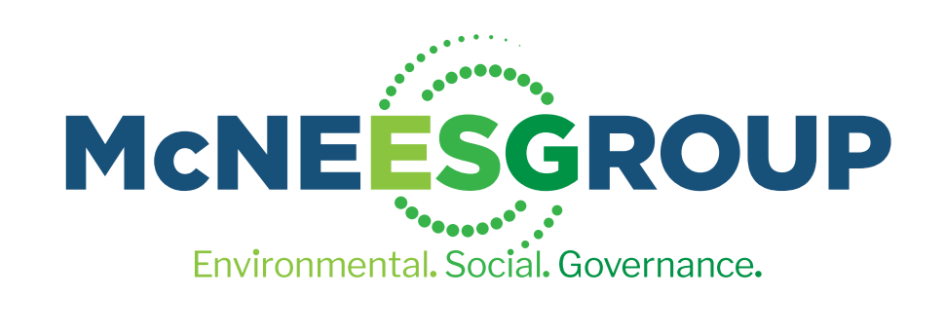ESG in the Crosshairs at GOP Debate
Environmental, social, and governance (ESG) criteria faced criticism at the Republican presidential debate. Multiple candidates accused major asset managers of pursuing “woke” left-wing agendas by incorporating ethical factors alongside profits.

Environmental, social, and governance (ESG) criteria faced criticism at the Republican presidential debate. Multiple candidates accused major asset managers of pursuing “woke” left-wing agendas by incorporating ethical factors alongside profits.
For example, Governor DeSantis claimed firms like BlackRock “want to use economic power to impose a left-wing agenda.” This echoes his high-profile battle against ESG in Florida state investments. Politicians argue asset managers championing these issues are overstepping to force ideological conformity.
However, this partisan posturing overlooks why investors increasingly integrate non-financial risks. Evidence shows how some business models privatize gains while passing costs to vulnerable communities. Returns maximized via pollution externalities, labor exploitation, and poor oversight fuel public outrage. Brands seem indifferent until activists connect complicity back to core operations.
For example, the solar industry touts climate friendliness. Yet panels contain polysilicon from Chinese facilities linked to detained Uyghur forced labor. Lithium batteries and cobalt mining rely on child workers in Congo. And major consumer goods suppliers fail ethical sourcing audits annually.
Reputational factors pressure companies to preempt scandals through supply chain accountability and ethical governance. This smart risk management gets politicized as “wokeness.” When, in reality, failures to address known issues invite backlash and liability.
True leadership means assessing how profits flow through complex systems while assessing social impacts—brands avoiding hard truths around human rights and sustainability face accusations of willful ignorance or worse.
Rather than reflexive opposition, pragmatic policy conversations could identify reasonable guardrails. Bipartisan solutions might balance public transparency, economic security, and the flexibility for private innovation.
Despite claims otherwise, regaining capitalism’s conscience need not come at the cost of returns. Thousands of B Corporations are proving purpose-driven models outperform. When excellence includes ethics, everyone wins through shared value creation.
The debate highlights the tension between social and financial value. But characterizing these factors as oppositional is false. With open dialogue, markets can better support just and sustainable prosperity.
What pragmatic bipartisan policy solutions could balance ethical supply chain transparency with retaining American innovation leadership? How can politicians move this debate forward constructively?
#ESG #GOPdebate #ethicalsupplychains #sustainability #bipartisansolutions #Bcorporations #sharedvalue #purposeoverpolitics #pragmatism

